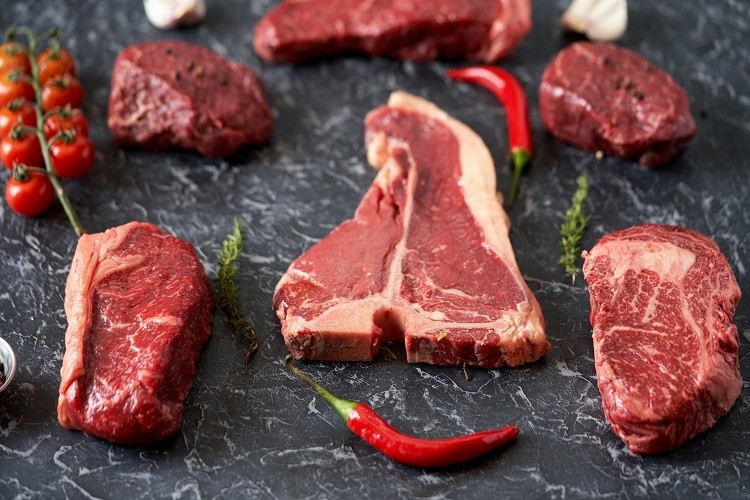By Cath Isabedra
Food security is a complex issue that involves many factors, including population growth, climate change, natural disasters, political instability, and economic challenges. Significant progress is in ensuring food security, but much work still needs to be done.
Food engineering has played a crucial role in developing new technologies and methods for food production, and one that prominently pops into the conversation is the development of cultivated meat.

Didier Toubia, CEO and Co-Founder of Aleph Farms, shares, “Cultivated meat is one of the most resourceful ways to produce protein. And that’s one aspect that we’re very serious about. We’re solid on sustainability issues. The second pillar is food security. Providing a food system that is resilient. Resilient to shocks, resilient to climate change, which is distributed, and production with short production cycles, shorter supply chains, close to the consumption areas, and a giant and reactive production system which can provide secure high-quality protein, animal protein independently to the climate or the availability of land and water.”
One of the most significant challenges facing the world today is the need to produce enough food to feed a rapidly growing population. The United Nations estimates that the global population will reach 9.7 billion by 2050, meaning we will need to produce 70 percent more food than we currently do.
Aleph Farms works closely with different countries, specifically those that face the challenge of food security.
Toubia adds, “We’re working closely with Singapore on the 30 by 30 and with Abu Dhabi, in the UAE. It’s also why we’re backed by the State of Israel. In Israel, we import 88 percent of our beef, either before or after slaughter. And this issue of being unable to farm cattle locally is shared between the Middle East and a large part of Asia for the same reasons: resource scarcity, climate, and water. It is the food security issue. So sustainability, on the one hand, and food security, on the other hand, the different configurations or potential benefits of cultivated meat, are related to the public.”
Precision fermentation: what is it, exactly?
Precision fermentation is a technology that involves using microbes to produce specific ingredients or compounds through controlled fermentation processes. In the context of the cultivated meat industry, precision fermentation plays a crucial role in producing animal-free proteins that can be used to create meat-like products without the need for actual animal slaughter.
The method creates essential ingredients for cultivated meat production, such as plant-based proteins, fats, and flavorings. These ingredients are produced by genetically engineered microbes, such as yeast or bacteria, to produce specific proteins or compounds that mimic the taste and texture of animal meat.

One of the significant advantages of precision fermentation is that it allows for producing large quantities of these ingredients in a highly controlled and consistent manner. This makes it possible to scale up production quickly and efficiently, essential for meeting the demand for cultivated meat as it becomes more widely adopted.
Another significant advantage of precision fermentation is that it is a much more sustainable alternative to traditional animal agriculture. The production of animal-based proteins is associated with various environmental issues, such as deforestation, greenhouse gas emissions, and water pollution. In contrast, precision fermentation produces ingredients that have a much lower environmental impact and can be made with significantly fewer resources.
Precision fermentation also benefits the distribution and processing of cultivated meat products. Since the ingredients used in cultivated meat production are produced in a controlled fermentation environment, they are free from contaminants and pathogens that can be found in traditional animal agriculture. This makes processing and distributing the products more accessible, essential for consumer acceptance.
** Click here to read the full-text **








